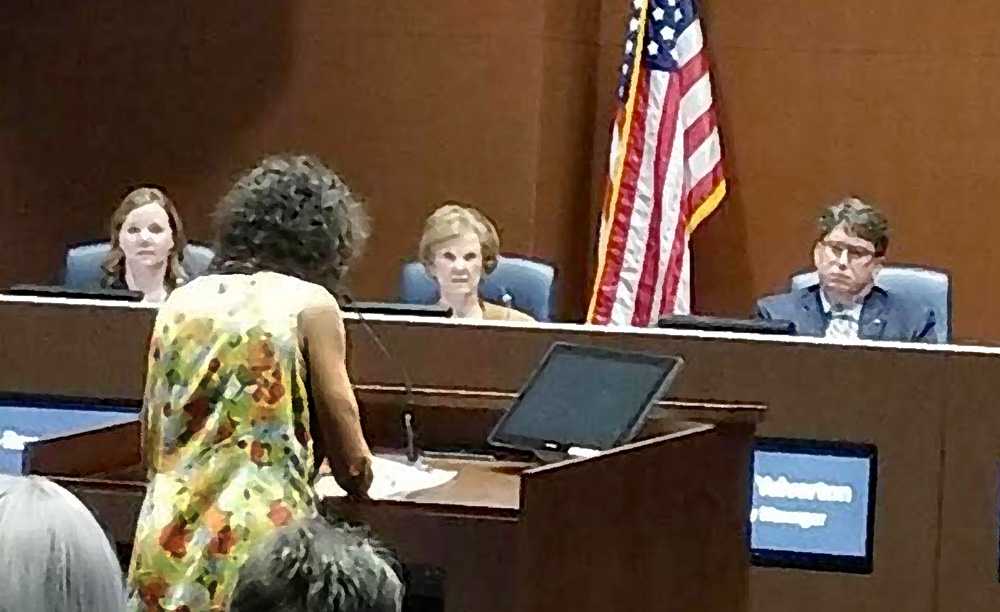While statistics are generally unreliable, data about gun crimes often qualify as “anti-data.”
“This spring the U.S. Education Department reported that in the 2015 – 2016 school year, ‘nearly 240 schools … reported at least 1 incident involving a school-related shooting,’” National Public Radio told us yesterday. Like previous stats we’ve seen cited on social media, that seems unbelievably high.
And yes, it is — “far higher than most other estimates,” reporter Anya Kamenetz noted. “NPR reached out to every one of those schools repeatedly over the course of three months and found that more than two-thirds of these reported incidents never happened.”
Were they fibbing? Well, never underestimate the power of incompetence.
Even that’s harsh: remember that reporting requirements are a burden. And filing bureaucratically-designed forms with the Education Department may be no easier than filing tax returns with the IRS. One of the biggest errors in one school district report resulted from a simple data entry error.
That is not a sophisticated statistical problem, but a simple typo.
Not that there aren’t some difficulties of a not-so-easy-to-understand nature in the story. For one, the degree to which the report was off is said to lie within “the margin of error.”
So, how big was the error, exactly? What’s the number? Well, of the 240 supposed “shootings,” NPR claimed to be “able to confirm just 11 reported incidents.”
Yet the Education Department bureaucrats will only affix an erratum note to their ridiculous report.
Nor will it be withdrawn or replaced, as it should be.
This is Common Sense. I’m Paul Jacob.











